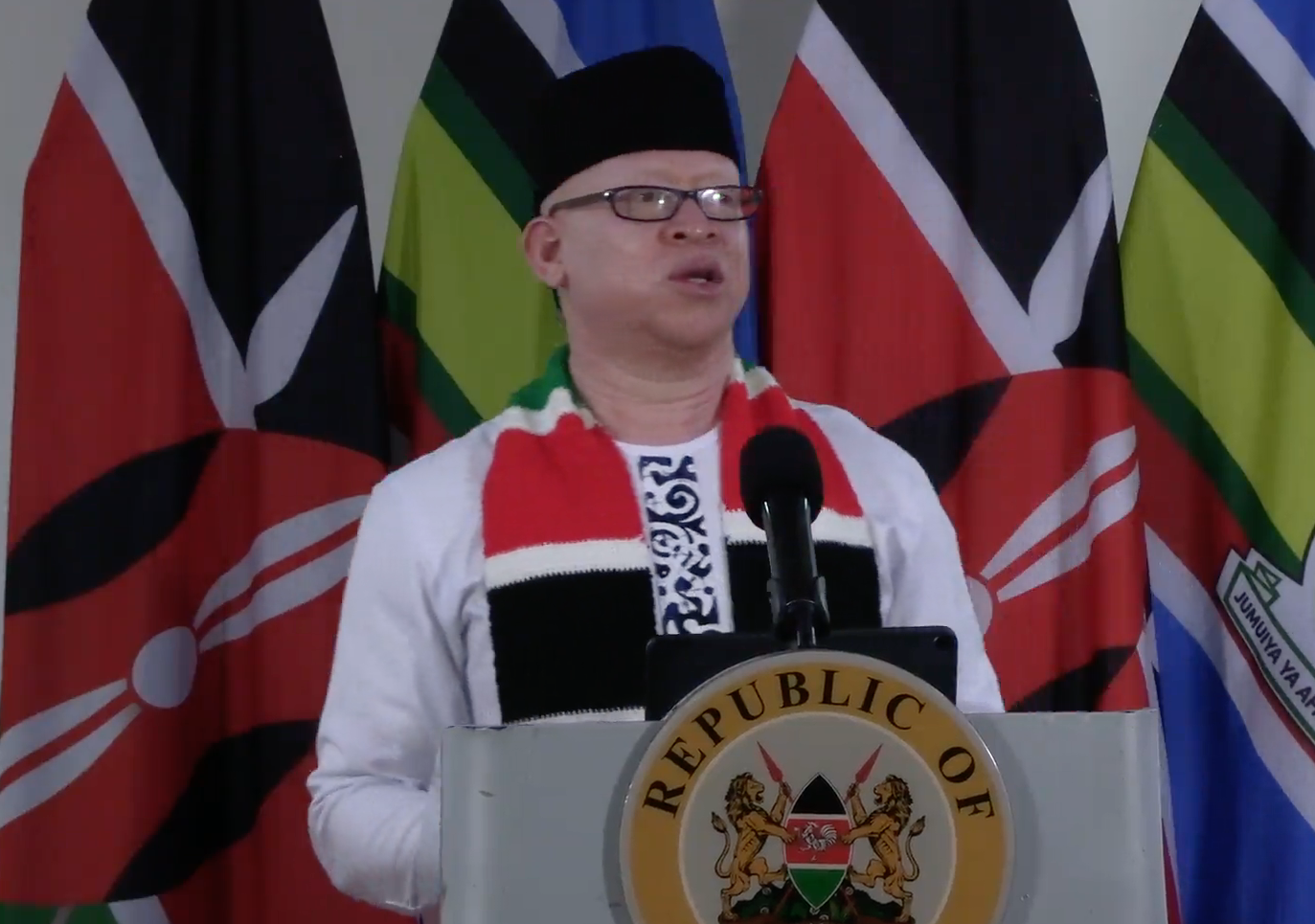

Livestock farmers will not be forced to vaccinate their animals in the January nationwide campaign, Government Spokesman Isaac Mwaura has clarified.
Speaking during the media briefing, Mwaura said the campaign targeting 22 million livestock will be voluntary.
“The national vaccination programme is voluntary and will be available to all farmers who do not want their animals to get sick. This is contrary to the allegations that the government is forcing farmers to vaccinate their animals. There is also no livestock Identification and Registration Bill,” he said.
Starting January 2025, the government will launch a nationwide animal vaccination campaign targeting 22 million livestock to combat transboundary diseases such as foot-and-mouth disease.
The exercise, spanning all counties, aims to protect the dairy sector and ensure its sustainability.
The vaccination programme will rely on locally manufactured vaccines from the Kenya Veterinary Vaccines Production Institute (KEVEVAPI), a state corporation under the Ministry of Agriculture and Livestock Development.
KEVEVAPI is instrumental in producing, marketing, and distributing vaccines for livestock diseases, including foot-and-mouth disease, Rift Valley fever, and Newcastle disease.
On Friday, Mwaura said Kenya's livestock sector accounts for
12 per cent of the country's GDP and 40 per cent of its agricultural GDP, creating
jobs, providing food, and related resources along its value chain.
“The government is therefore keen on ensuring the health of the animals and the safety of their produce and has therefore embarked on a nationwide vaccination exercise as a vital tool for preventing the spread of infectious diseases and ensuring the long-term sustainability of our agricultural sector,” he stated.
He named some of the key benefits of livestock vaccination as increased productivity and efficiency, disease prevention and control, and improved animal welfare and public health protection.
“The government is however working on regulations that will govern the implementation of an Animal Identification and Traceability system, which will promote food safety, curb cattle rustling, and open export opportunities for milk, mat, and leather products,” he added.
“The government therefore urges all Kenyans, and especially those in the livestock sector, to support the ongoing exercise.”









.jpeg&w=3840&q=75)


